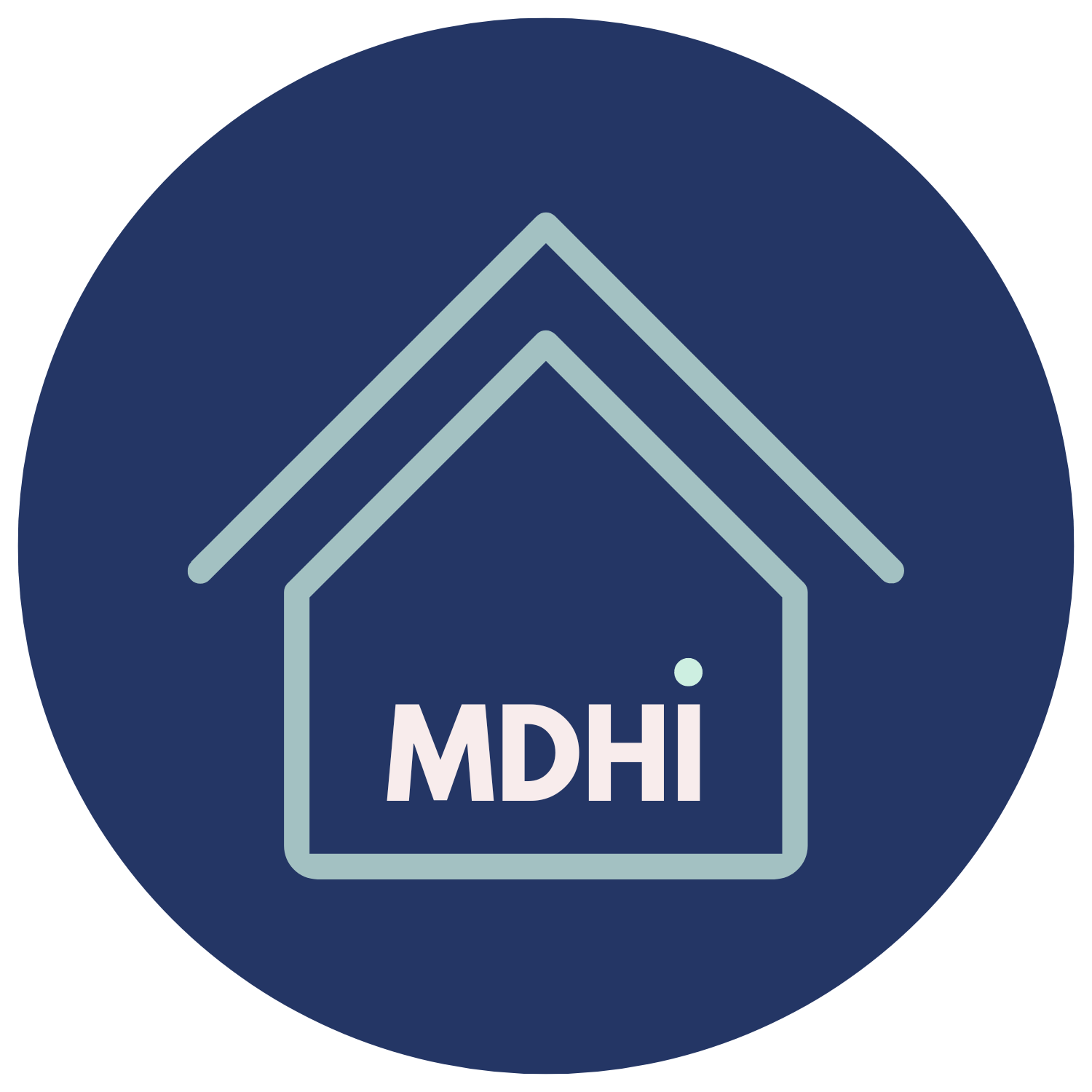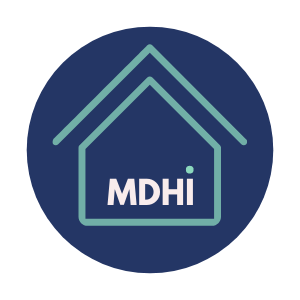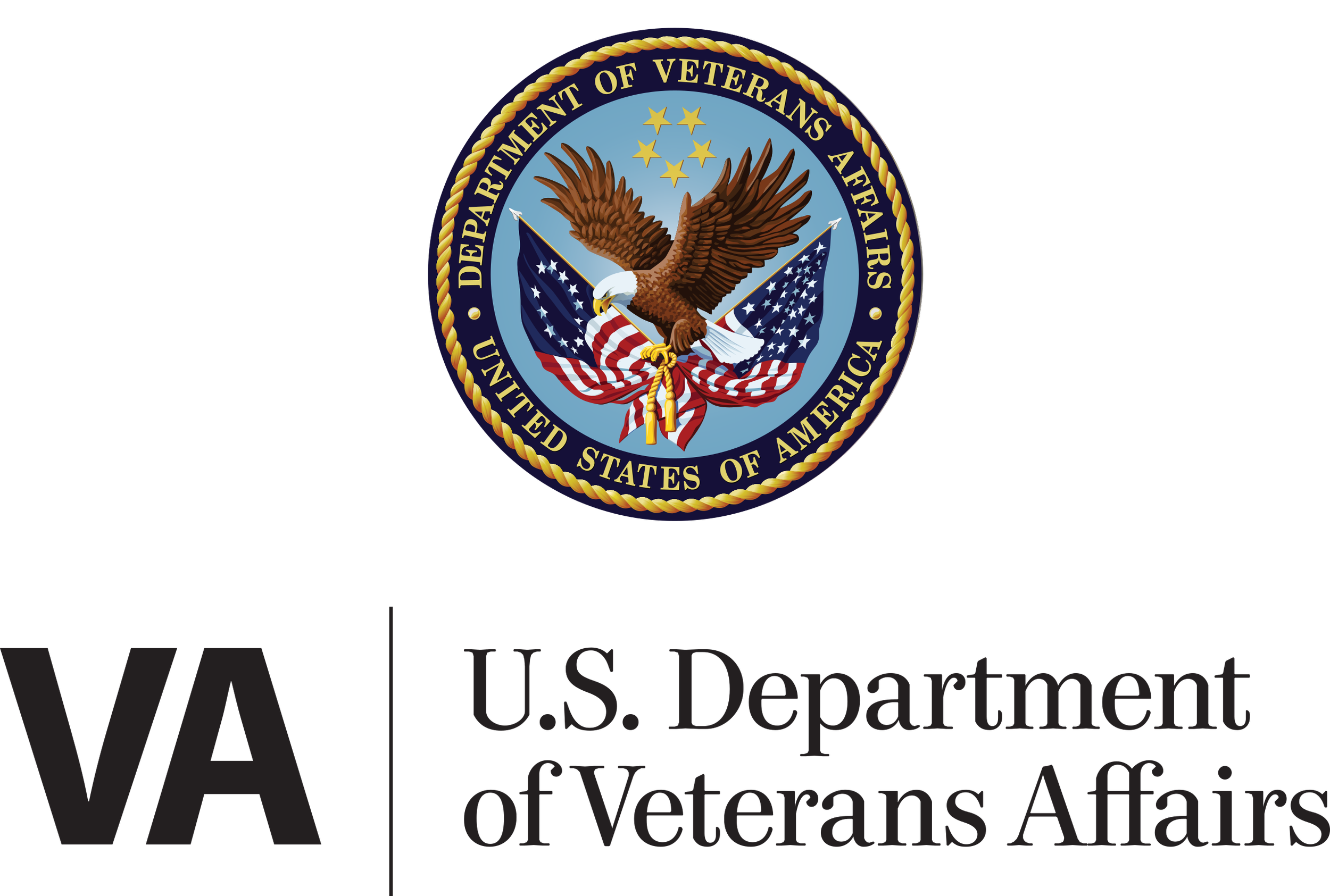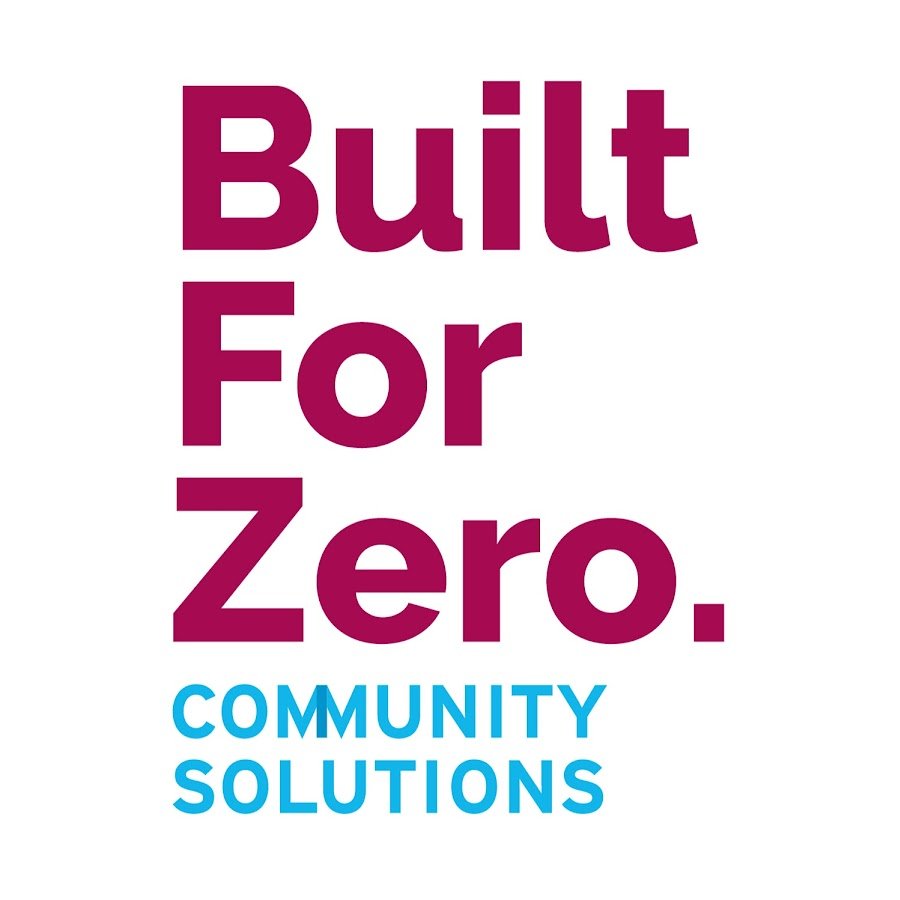Metro Denver Learning Session Brings Together Region’s 9 Homelessness Coordination Teams
The Metro Denver Learning Session was an in-person event from August 24-25 intended to strengthen our region’s collective response to end homelessness. It was a great opportunity to bring our communities together, hear each other’s progress, expand our networks, celebrate milestones, and strategize next steps. MDHI, Community Solutions, the Dept. of Veterans Affairs, and the State of Colorado convened members from each of the Homeless Coordination Teams (HCT) in Adams, Arapahoe, Aurora, Boulder, Broomfield, Denver, Douglas, Jefferson, and the Tri-Cities. This Learning Session was the first time the nine Homeless Coordination Teams were together in-person. These HCT serve as the liaison between the Built for Zero work and their respective community, aligning their local planning to our region’s homelessness strategy.
We know that homelessness knows no boundaries; it requires a regional approach that centers around local needs and planning. That’s why in March of 2021, MDHI aligned elected officials, community partners, and the broader Metro Denver community around the Built for Zero methodology as the framework for (Sub)Regional Coordination. The objective of the Learning Session was for every sub-region to affirm their local goals and set 6-month Built for Zero milestones for single adults and Veterans, to feel connected to the regional work and their peers across the region, and to identify ways to clear barriers and build support with elected officials and partners.
Regional Progress to Date
MDHI partnered with Built for Zero and the local Veterans Affairs in 2020 to coordinate and design a sub-regional effort to end veteran homelessness. By 2021, we were able to decrease veteran homelessness regionally by 15%.
As of July 2022:
9 out of 9 sub-regions completed and set the baseline for the All Singles Scorecard
7 out of 9 sub-regions have established a Homeless Coordination Team to lead and implement the BFZ work and change the no’s to yes on the Scorecard
4 out of 9 sub-regions have started Case Conferencing off of the By-Name List
1 sub-region has achieved quality data for Veterans
MDHI CoC Aims
By December 31, 2027, MDHI and its partners will:
have quality all singles data in 9 of 9 subregions
have quality data for youth for the region
have quality data for families for the region
have reached functional zero in all subregions for Veterans
have 4 subregions ended homelessness for at least one of the following sub-populations (all singles, chronic singles, families)
Centering Race Equity and Lived Expertise
We acknowledge that there is no roadmap or one-size-fits-all approach when it comes to racial equity work, and that Black, Indigenous, People of Color (BIPOC) and non-BIPOC staff experience the work differently. We understand that community partners and even MDHI staff are at various points of knowing and learning. This work is hard, and it takes time to do it correctly so that we don’t perpetuate more harm.
When it comes to engaging BIPOC and people with lived expertise in our community, we have taken an extremely intentional and empathetic approach. Our Director of Diversity, Equity, and Inclusion began her work by evaluating the current state of the system, both internally and externally, honing in on what we wanted to achieve and making sure we were being inclusive in our decision-making. It is important that our resource allocation matches our priorities and the needs of the community. MDHI is committed to building relationships and trust by meeting people in their community spaces, listening, and following up. We insist on a thoughtful and inclusive approach to our partnerships, engaging people at the beginning of a project rather than asking for feedback at the end. These methods of engagement ensure that BIPOC stakeholders at all levels have system decision-making power to influence the design of the homeless response system.
Here are some other practices underway to advance racial equity at MDHI and in our community:
Hired Sierra Trujillo as the Director of Diversity, Equity, and Inclusion (DEI) in December 2020
Organizational deep dive into Diversity, Equity and Inclusion work
White Supremacy Culture Characteristics - Still Here, BIPOC/white affinity caucus groups, NAEH Racial Equity Learning Series
Reset and revamped Young Adult Leadership Committee
The leadership team completed 10 sessions of empathy coaching for a better understanding of how to support staff in DEI work
Administered an organizational racial equity assessment in Summer 2021, required NOFO grantees to do an organizational racial equity assessment as an unscored piece of their application
Completed organizational pay equity audit
DEI training for both Staff and Board of Directors
Director of DEI is a member of Native American Housing Circle (NAHC) and BFZ Statewide Racial Equity Workgroup
MDHI hired C4 Innovations, a consulting agency dedicated to building racially equitable systems through process improvement, to look deeply at racial inequities in our coordinated entry system. We also formed the Results Academy, a group of community stakeholders including people of color and individuals with lived expertise, to create an action plan for the redesign of coordinated entry.
Historic Funding Opportunities
There are several historic funding opportunities at the state and federal level to support transformational changes in the way our communities address homelessness. We encourage regional collaboration and coordination among our nine sub-regions and partners throughout the state so that we may be strategic about who applies for what funding. We hope that our region uses this funding to advance proven solutions through their Built for Zero work, making homelessness rare and brief with no one left behind. We believe that this work will cement Colorado as a national leader in collaboratively addressing homelessness.
Community partnerships are critical to ensure this legislation is passed if it has not done so already. Here are some of the funding opportunities our community hopes to leverage in this work:
HB22-1304: Grants for Investments in Affordable Housing - $138,000,000. Provides grant funding for Local Governments and Community Partners (Non-Profits). Housing development funding for acquisition, rehab & new construction.
SB22-159: Revolving Loan Fund for Investments in Transformational Affordable Housing - $150,000,000. Loans for Local Governments, For Profit Developers, Community Partners (Non-Profits), or Political Subdivisions made directly by DOH as well as 3rd party lending partners. Eligible for supportive housing investments.
HB22-1377 Grant Program Providing Responses to Homelessness - $105,000,000. Grants for for Local Governments and Community Partners (Non-Profits) to support communities to create proven responses to homelessness that are designed to connect people without stable housing to services, care, and housing.
Housing Development
Direct Assistance
Capacity Building
SB22-1378: Denver-Metro Regional Navigation Campus Grant - $50,000,000. Grant program to build or acquire, and facilitate a regional navigation campus to respond to and prevent homelessness. Available to Local Governments in Denver-Metro Area or a Community Partner (Non-Profit) in conjunction with local governments
Behavioral Health and Recovery-Oriented Services and Treatment
Medical and Dental Care
Shelter, Transitional Housing, and Supportive Housing
Vocational Rehabilitation and Employment Skills Training and Services
Benefits Enrollment
Services for Exiting Residential Facilities or At-risk of Homelessness
SB22-211: Repurpose The Ridge View Campus - $45,000,000. Converting the Ridge View Campus into a recovery-oriented community for individual adults without stable housing who wish to focus on recovery from a substance use disorder will provide low-barrier access to comprehensive care and treatments and will allow people to recover and heal in a safe and stable environment.
Transitional Housing
Continuum of Behavioral Health Services and Treatment
Medical Care
Vocational Training and Skill Development
HB22-1389:Financial Literacy Exchange Program (FLEX) - $60,000. Create the Colorado Financial Literacy and Equity Exchange (FLEX) Program, a voluntary program with the goal of granting financial security through education, employment, investment, housing stability, and social maturity for State Housing Voucher participants.
HB22-1083 Colorado Homeless Contribution Income Tax Credit. Tax expenditure intended to encourage taxpayers to make contributions to approved nonprofits providing certain qualifying activities to leverage financial contributions from Colorado residents and businesses to support providing appropriate housing and services to assist individuals and families experiencing homelessness.
Model for Continuous Improvement
All systems are perfectly designed to get the result they produce. If we are unsatisfied with this product, then we must redesign the system. As part of the Built for Zero methodology, our communities have embraced a model for continuous process improvement known as the PDSA cycle, or Plan Do Study Act. A PDSA mindset to scope and implement improvement projects creates a time-limited test of change to a community’s system; is specific, actionable, and measurable; involves testing one or multiple change ideas; quickly confirms a team’s thinking or leads them to pivot; applies to a system, not a one-time event; keeps teams from getting stuck; and uses scarce resources wisely. We learn more from doing than from planning, but only if we reduce our resistance towards change and growth.
The Model for Improvement states that solving complex problems starts with a measurable end state and works backward. Strategies and activity come last and must shift repeatedly in service of the aim.
We should always ask first: What are we trying to accomplish? This is our aim. Second, what changes can we make that will result in improvement? Third, how will we know that a change is an improvement?
It’s important that the thinking part happens before the doing part, so we can tailor our strategies and actions to get as close to our aim as possible.
This Model for Improvement:
Is applicable to all types of organizations.
Is applicable to all groups and levels in an organization and community.
Facilitates the use of teamwork to make improvements.
Provides a framework for the application of statistical tools and improvement methods.
Encourages planning to be based on theory.
Emphasizes and encourages the iterative learning process.
Provides a way to empower people in the organization to take action.







